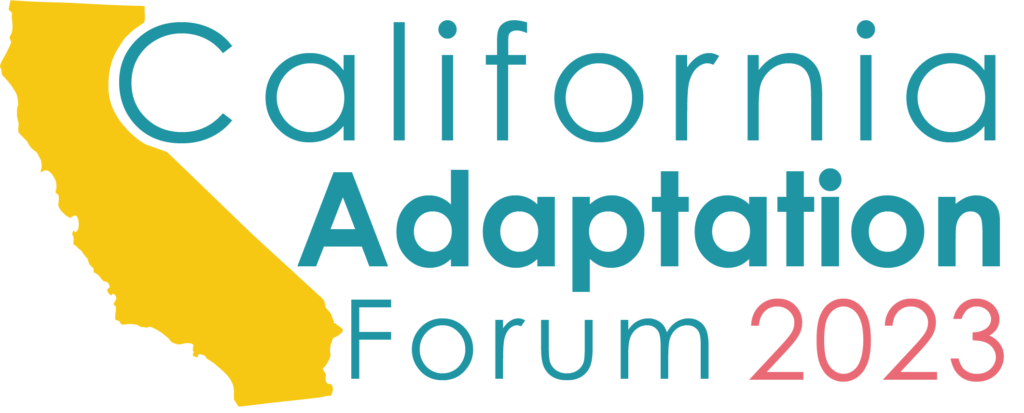Equity Definition
As a State-affiliated event hosted in partnership with the Governor’s Office of Planning and Research, CAF adopts the following definition for equity from the Adaptation Planning Guide.
Equity means that all people are justly and fairly included in society and that everyone is able to participate, prosper, and achieve their full potential. It recognizes that everyone enjoys different advantages and faces different challenges, and that everyone should be treated justly and fairly according to their circumstances. Equitable climate adaptation planning involves identifying persons who may be most vulnerable to climate change and ensuring that planning processes, distribution of resources, and efforts to address systemic wrongs are all conducted in an equitable manner.
The 2023 program will seek to cover different forms of equity, such as:
- Procedural Equity: Inclusive, accessible, authentic engagement and representation in decision-making processes regarding programs and policies.
- Distributional Equity: Programs and policies result in fair distributions of benefits and burdens across all segments of a community, prioritizing those with highest need.
- Structural Equity: Decisions are made with a recognition of historical, cultural and institutional dynamics and structures that have routinely advantaged privileged groups in society.
- Transgenerational Equity: Decisions consider generational impacts and do not result in unfair burdens on future generations.
